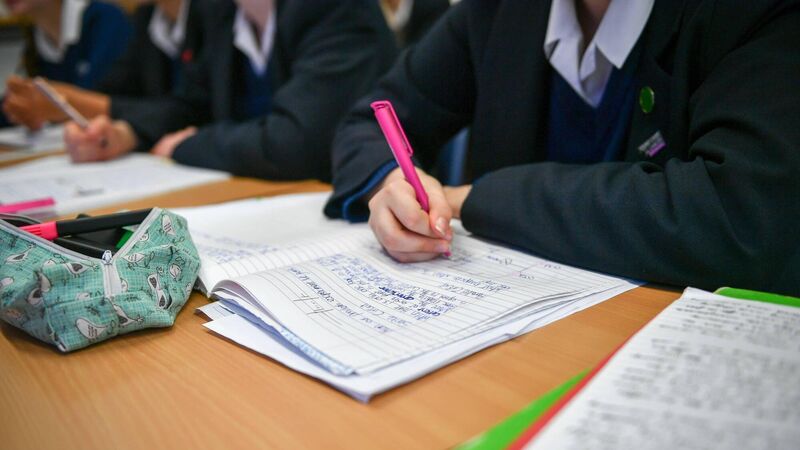Secret Diary of an Irish Teacher: We need men to stop bashing teachers

Last week I completed some online training. The instructor reminded us that allbehaviour is communication. When I read abusive responses to my article online, I breathe deep, dig deep, and carry on.
It’s no big deal. All behaviour is a form of communication, I told myself. Why might an article about teacher and student safety provoke vitriol though? What are people really trying to communicate?







